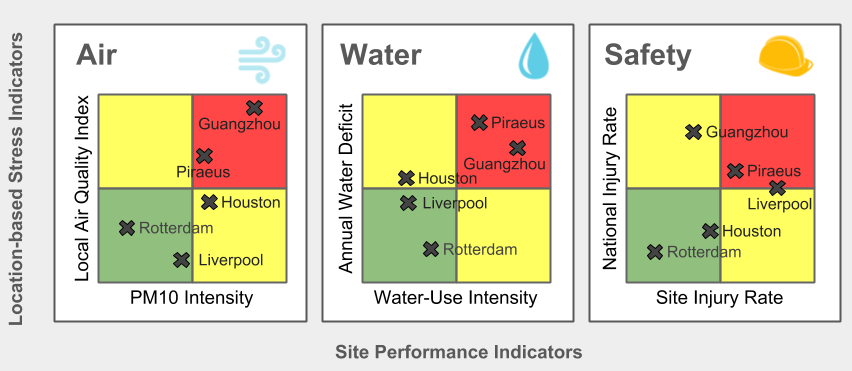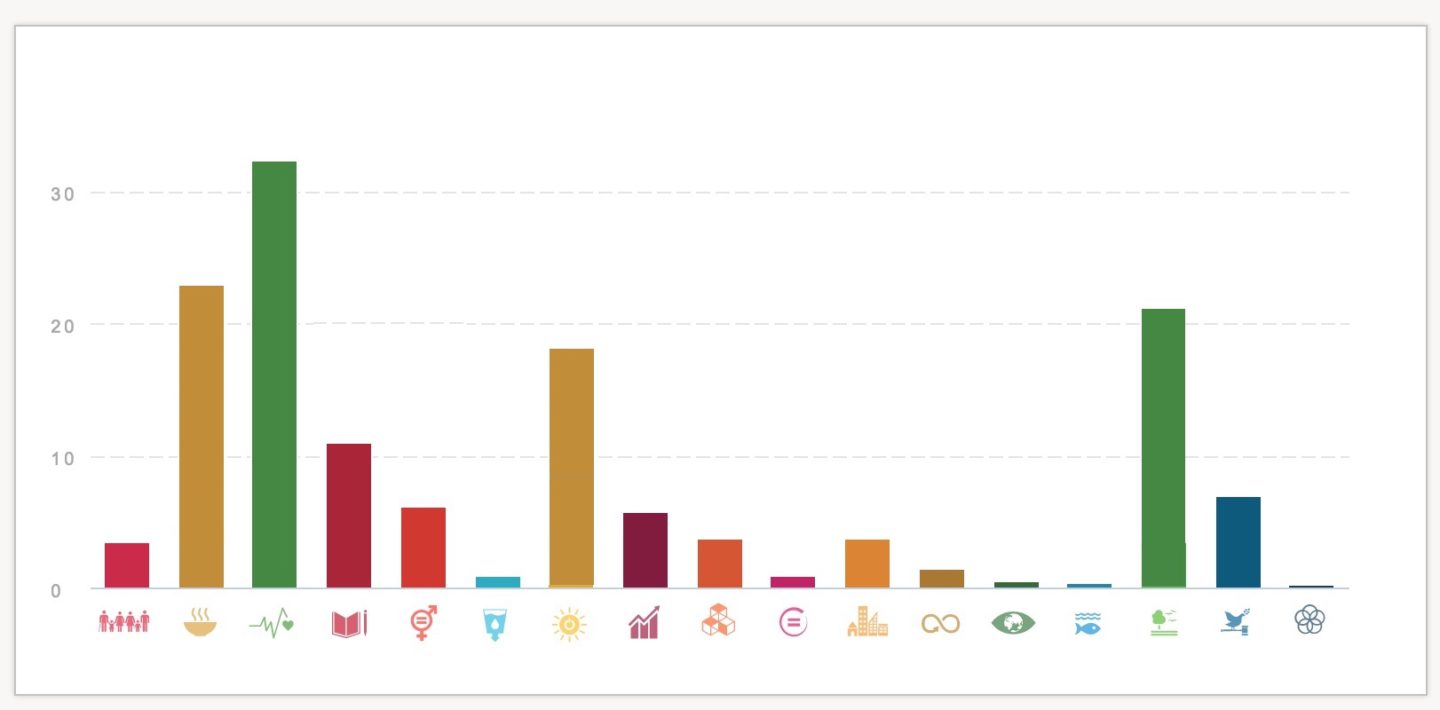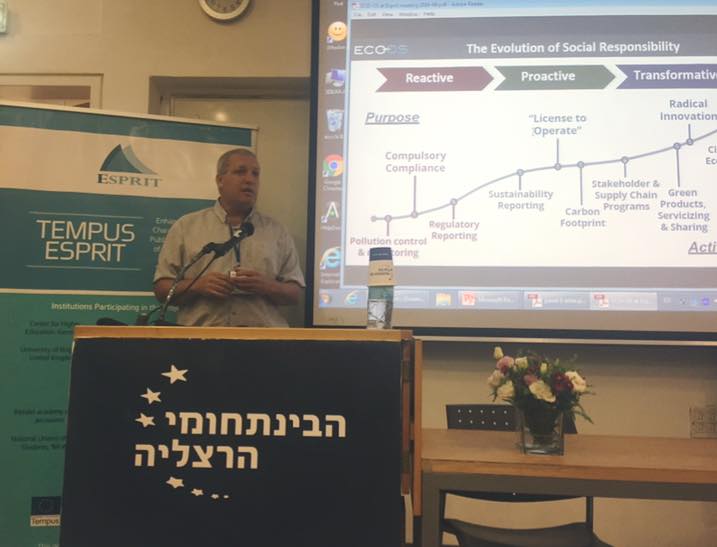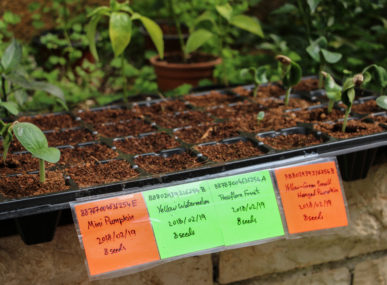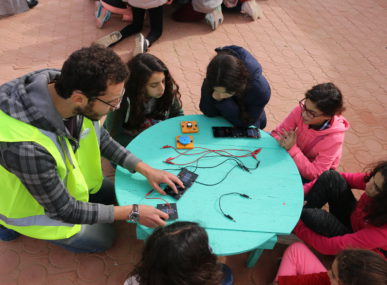Creating circular economies using data:
From Gressel’s perspective, the next big environmental leap is to close the material flow loop — to create circular economies where every waste or byproduct becomes a resource. This is what ECO-OS is working on now.
Imagine a mining company that is producing liquid waste containing a high concentration of certain metals. Rather than that company sourcing a way to dispose of or process that effluent, ECO-OS envisions a closed loop system where that mining company is matched with another company — say a water processing plant — that is interested in extracting the metal components from the liquid.
“This could become the Tinder for sustainability,” says Gressel, referring to the popular dating app. As long as a company was an ECO-OS client, they would have the ability to be paired with another industry who could utilize their waste.
To foster this sustainability matchmaking, ECO-OS has developed partnerships, including one with the European Water Stewardship (EWS). The initiative works with organizations and companies such as Coca-Cola and Heineken to reduce their water usage. Prior to partnering with ECO-OS, EWS had expertise on circular economies and water conservation, but no technology that they could recommend companies use to track their progress. Partnering with ECO-OS gives them this access.
“[ECO-OS] lets you build a reference scheme for your performance that you can use to continuously improve on, and this is an important aspect of water stewardship,” says Tom Vereijken, Director of EWS. “It can often be very difficult to create a business case for sustainability initiatives, and having data and specific performance indicators make this easier.”
Vereijken says this business case is made easier still by the fact that ECO-OS is a lower cost solution, and that it allows for the benchmarking of sustainability efforts worldwide. “You need tools available that show your footprint and where you can progress, and they need to be presented in a really accessible way. That is exactly what Noam’s company offers,” he says.
External data lets companies compare and stress test:
In addition to the internal data that comes from monitoring a company’s operations, ECO-OS also helps companies recognize the external factors that could affect their success.
Companies can use ECO-OS’ stress test feature to analyze how their business performance may be impacted by the trends and issues facing the geographies in which they work. Take Cape Town, for example, where residents are flirting dangerously with a city-wide water shutoff as a result of climate change-induced droughts and poor water management.
“If you’re a beverage company in Cape Town, it doesn’t matter how efficient you are as a business if there is no water,” says Gressel. “ECO-OS considers these risks in your environment, and lets you understand if your company is vulnerable.”
Assessing external data that comes from government bodies and corporate sustainability reports — as well as the anonymized data gathered from ECO-OS clients — the operating system has created a series of competitive benchmarks. Companies can use this data to compare environmental metrics, such as whether its carbon footprint is comparable to similar operations. Once it has contextualized its own operations, a company can use this data to improve its performance.
Beyond benchmarking, ECO-OS is also in the midst of integrating the UN’s Sustainable Development Goals (SDG) so clients can measure their progress towards reaching those targets. “We are slowly translating the environmental and social data from corporations into SDG language,” Gressel explains.
By taking away the monotony of data input and collection, Gressel and his team want to make it as easy as possible for clients to focus on analyzing the environmental performance data that comes out the other end.
“At the end of the day, there are a lot of behavioral issues we need to overcome for businesses to be more sustainable,” Gressel says. The ECO-OS operating system is offering a solution through good design.
Learn more about ECO-OS through their website or Facebook page.
Photos: Courtesy of ECO-OS.
